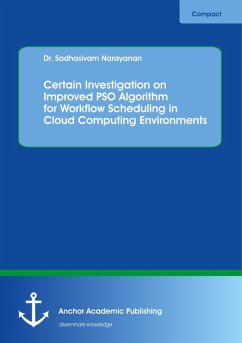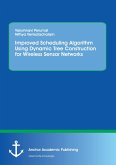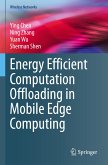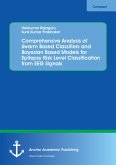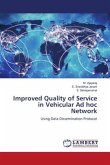Cloud computing is a new prototype for enterprises which can effectively assist the execution of tasks. Task scheduling is a major constraint which greatly influences the performance of cloud computing environments. The cloud service providers and consumers have different objectives and requirements. For the moment, the load and availability of the resources vary dynamically with time. Therefore, in the cloud environment scheduling resources is a complicated problem. Moreover, task scheduling algorithm is a method by which tasks are allocated or matched to data center resources. All task scheduling problems in a cloud computing environment come under the class of combinatorial optimization problems which decide searching for an optimal solution in a finite set of potential solutions. For a combinatorial optimization problem in bounded time, exact algorithms always guarantee to find an optimal solution for every finite size instance. These kinds of problems are NP-Hard in nature. Moreover, for the large scale applications, an exact algorithm needs unexpected computation time which leads to an increase in computational burden. However, the absolutely perfect scheduling algorithm does not exist, because of conflicting scheduling objectives. Therefore, to overcome this constraint heuristic algorithms are proposed. In workflow scheduling problems, search space grows exponentially with the problem size. Heuristics optimization as a search method is useful in local search to find good solutions quickly in a restricted area. However, the heuristics optimization methods do not provide a suitable solution for the scheduling problem.
Researchers have shown good performance of metaheuristic algorithms in a wide range of complex problems. In order to minimize the defined objective of task resource mapping, improved versions of Particle Swarm Optimization (PSO) are put in place to enhance scheduling performance with less computational burden. In recent years, PSO has been successfully applied to solve different kinds of problems. It is famous for its easy realization and fast convergence, while suffering from the possibility of early convergence to local optimums. In the proposed Improved Particle Swarm Optimization (IPSO) algorithm, whenever early convergence occurs, the original particle swarm would be considered the worst positions an individual particle and worst positions global particle the whole swarm have experienced.
Researchers have shown good performance of metaheuristic algorithms in a wide range of complex problems. In order to minimize the defined objective of task resource mapping, improved versions of Particle Swarm Optimization (PSO) are put in place to enhance scheduling performance with less computational burden. In recent years, PSO has been successfully applied to solve different kinds of problems. It is famous for its easy realization and fast convergence, while suffering from the possibility of early convergence to local optimums. In the proposed Improved Particle Swarm Optimization (IPSO) algorithm, whenever early convergence occurs, the original particle swarm would be considered the worst positions an individual particle and worst positions global particle the whole swarm have experienced.

